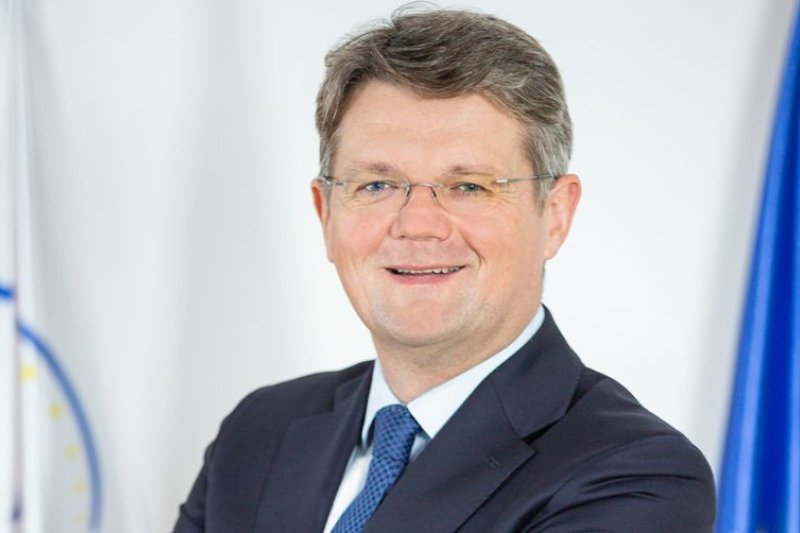Energy Poverty, Reduction of Targets Urged
Despite several measures taken, both short-term and long-term, regarding energy poverty, Albania still does not have an approved definition for this aspect.
The Secretariat of the Energy Community in Vienna in the report "Addressing energy poverty in the countries of the Energy Community", which includes Albania, gives some recommendations that should be taken into account to bring about positive changes.
The report highlights the recognition of energy poverty, the availability of current policies, and how energy poverty has been addressed in National Energy and Climate Plans (NECPs). It can be used as a tool in shaping future policies that cultivate a fair and inclusive energy transition for all.
In Albania, several measures have been taken that aim to alleviate this poverty, starting from the compensation given for energy for people in need, dominated by pensioners, to those short-term measures such as the one for subsidizing water heating plants for families applied only once so far.
Despite these measures, it seems that Albania, like many other countries in the region, does not have a clear plan for identifying the real situation of energy poverty and adopting concrete objectives for its reduction. This has led the Secretariat to make several recommendations in the latest report.
The findings reveal that while all Contracting Parties implement short-term measures to assist vulnerable consumers, long-term strategies remain limited. Notably, Serbia and North Macedonia have emerged as leaders in implementing energy efficiency measures aimed at reducing energy poverty.
The report emphasizes the need for all Contracting Parties to boost their efforts by developing methodologies to assess the number of households in energy poverty and by strengthening the use of energy efficiency and renewable energy measures to provide targeted support.
By implementing the report's recommendations and learning from one another, countries can improve their approaches to addressing energy poverty effectively.
“Rising energy prices and inflation in recent years have reinforced the need to effectively address energy poverty and ensure social acceptance of the energy transition. By addressing affordability, we can build public support and ensure that the transition is inclusive and fair," says Artur Lorkowski, Director of the Energy Community Secretariat.
The energy crisis has highlighted the urgency of these measures, leading to the European Commission’s EUR 1 billion Energy Support Package in 2023, designed to strengthen resilience for all citizens, particularly the energy poor. The Energy Community Secretariat has also established the Energy Poverty Coordination Group and developed policy guidelines to enhance support in this critical area.
The legal framework for addressing energy poverty in the Energy Community Contracting Parties is based on key regulations, including the Electricity Directive (EU) 2019/944, the Gas Directive 2009/73, and the Governance Regulation (EU) 2018/199. These regulations facilitate energy market integration and the transition to clean energy while mandating the definition of ‘vulnerable consumers,’ implementing protections against the temporary suspensions of energy services due to non-payment during critical periods.













